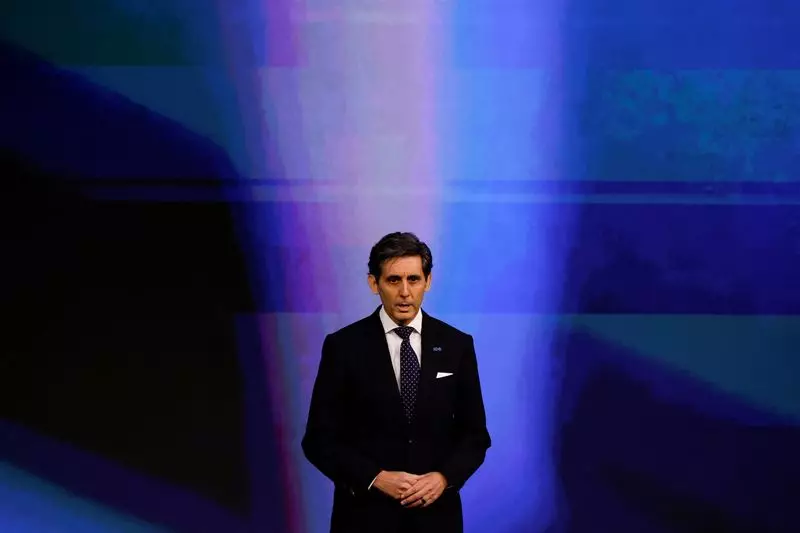The Spanish telecommunications giant, Telefonica, is on the cusp of a significant leadership transformation. Reports have surfaced indicating that SEPI, the state-owned investment fund, is advocating for the removal of current CEO Jose Maria Alvarez-Pallete, who has helmed the company since 2016. In his place, Marc Murtra, the current executive chairman of the defense company Indra, is being considered. This move hints at a possible shift in strategy for Telefonica that aligns with broader geopolitical trends and government interests.
The implications of such a leadership change are profound. Alvarez-Pallete’s tenure has been characterized by attempts to navigate a challenging telecommunications landscape, marked by fierce competition and the accelerating need for capital investment in next-generation technology. However, with mounting pressures from stakeholders and industry dynamics, SEPI’s intervention could signal an eagerness for fresh perspectives that align more closely with state interests.
SEPI’s influence in both Telefonica and Indra exemplifies the intersection of government strategy and corporate governance in Spain. The Spanish government recently acquired a strategic stake in Telefonica, a move interpreted as a counterbalance to foreign interests, particularly following a significant investment from Saudi Arabia’s STC. By seeking representation on the board, the government underscores its intent to protect national interests and influence key decisions within Telefonica.
Murtra’s leadership at Indra has been pivotal in steering the company toward the burgeoning defense sector, as European nations ramp up military spending in response to global instability. Should Murtra assume leadership of Telefonica, industry observers can expect a transition towards more secure and sustainable revenue models that might shift away from traditional telecommunications focus.
The telecommunications landscape in Europe is increasingly competitive. Companies like Telefonica are grappling with declining profitability stemming from both aggressive market competition and the pressing necessity for substantial investments in infrastructure, particularly for advanced technologies such as 5G and optical fiber networks. The decision to divest from established operational segments, including mobile masts and submarine cables, indicates a strategic pivot toward more growth-oriented investments.
In this context, Murtra’s potential appointment could be pivotal. His experience with a state-supported enterprise like Indra could lead to innovative strategies that leverage government backing for future projects. Nevertheless, Telefonica must remain vigilant; the pressure from prevalent market players, changing consumer demands, and ongoing technological advancements present ongoing challenges that require adept leadership.
As the upcoming board meeting approaches, shareholders and stakeholders await clarity on the future direction of Telefonica. Should the leadership change occur, it could herald a new era for the company—one that potentially revisits its operational ethos and strategically aligns itself more closely with state interests amid a rapidly evolving telecommunications landscape.
Ultimately, the outcomes of these shifts will not only influence Telefonica’s corporate strategies but also reflect the broader narrative of government involvement in the private sector in Spain, particularly regarding essential services and national security. The road ahead will require a balance between innovation, collaboration, and the ongoing pursuit of profitability in a complex and competitive environment.

